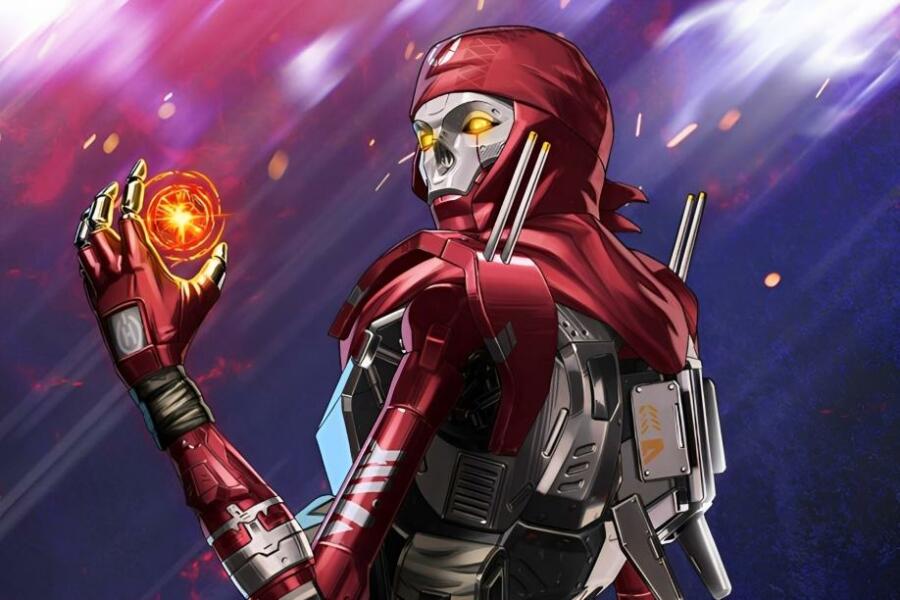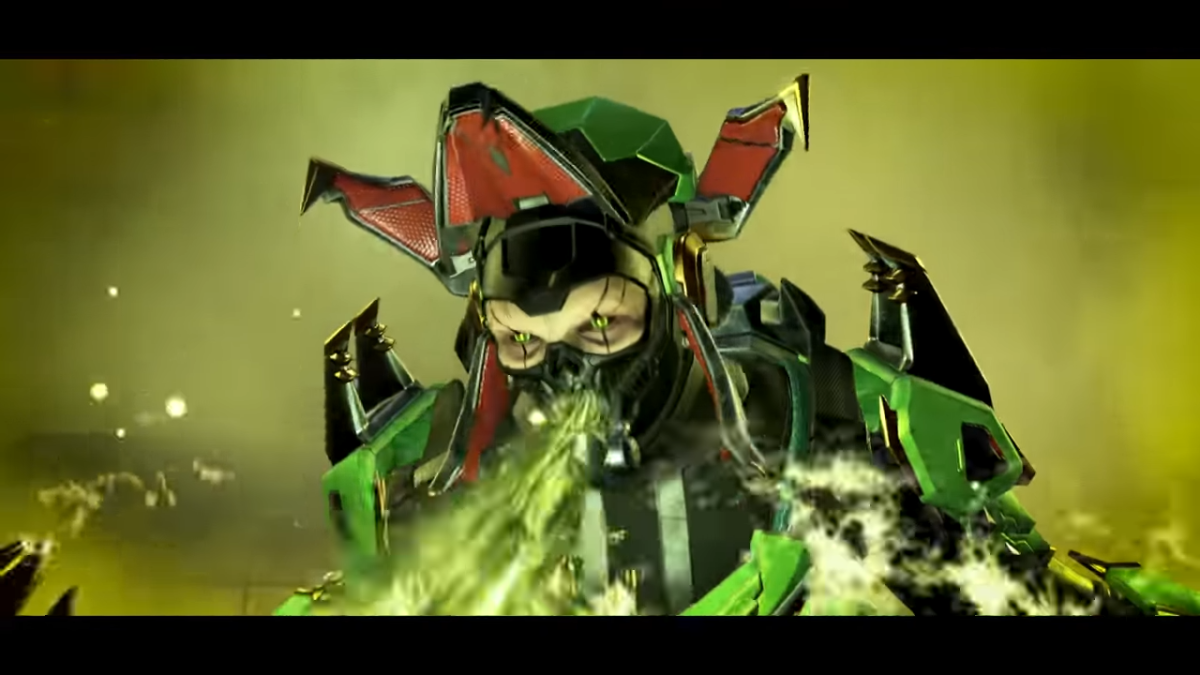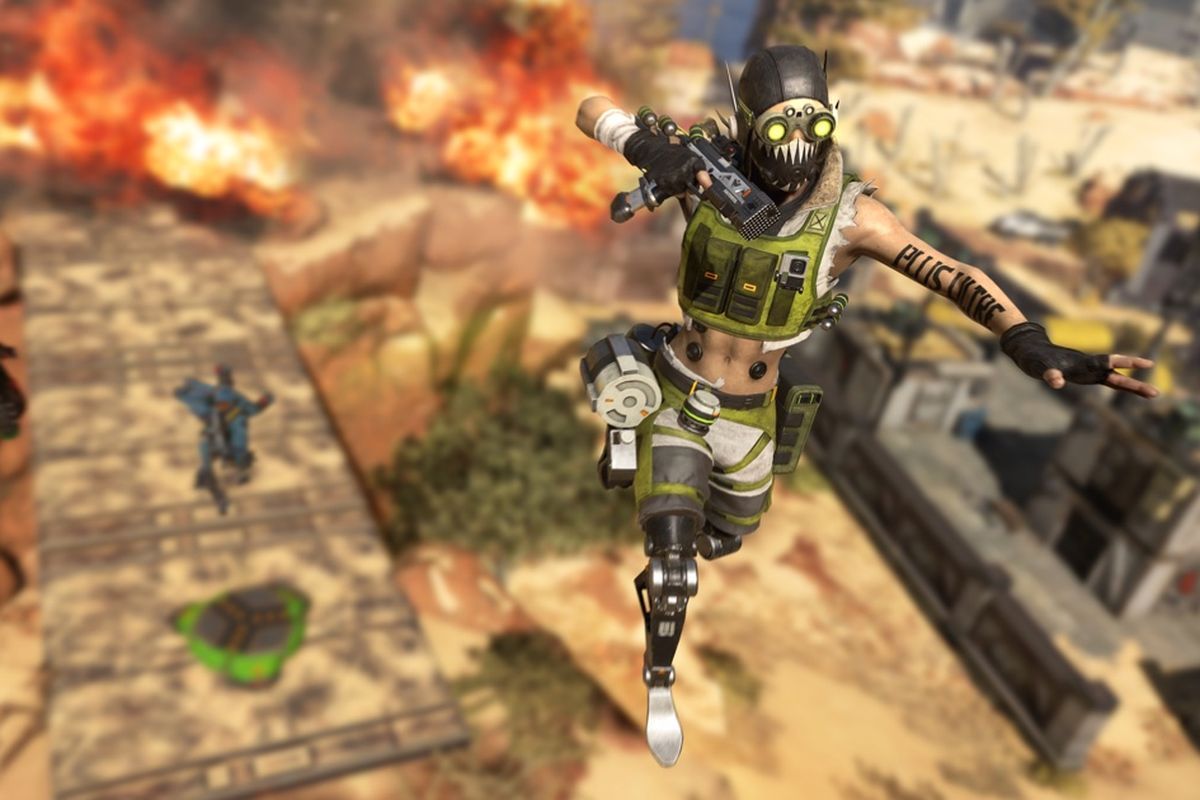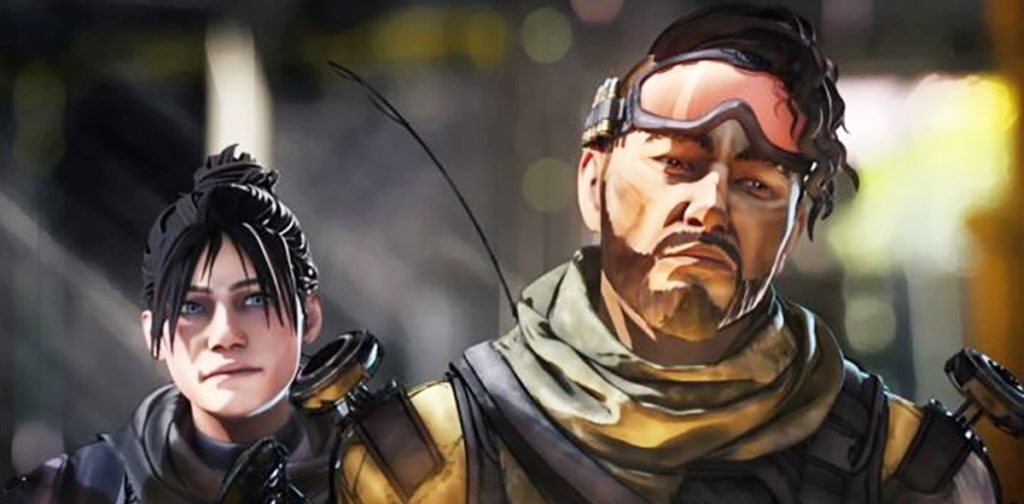At the 2018 League of Legends World Championship, I sat down and talked to Detonation FocusMe’s Shunsuke “Evi” Murase. It was the top laner’s second-straight year participating at Worlds out of the League of Legends Japan League; in 2017, he went to the tournament with Rampage, where the team exited the competition without a single map victory.
That 2017 result was disappointing but realistic for a club from one of the weakest regions in the esport. Evi, though, had made waves at the 2018 tournament, impressing on the famed South Korean online ladder and turning heads with his mechanical skill.
In a surprise performance, DFM almost upset North America’s Cloud9 in their play-in group stage. Though the team from the major region eventually stabilized and overran the Japanese team, it was a moral victory. Evi and DFM got a pat on the back for one win in the early stages of the tournament before giving way to the actual main event teams.
Three years later, DFM and C9 faced off again in the play-in stage at the world championship, but this time, the Japanese team patted the North Americans on the back for a good try. Evi, still in the top lane as he was in 2018, led DFM to their region’s first-ever international main event appearance with qualification to the 16-team group stage.
The evolution of DFM as a team has coincided a computer gaming renaissance in the squad’s home country. Japan, renowned for its arcade gaming scene, was all but irrelevant when it came to PC esports until recent years with a surge in popularity for games like League of Legends, Apex Legends and VALORANT.

In 2019, upstart organization Nora-Rengo took hold of the esports world for a short time with their success in Rainbow Six Siege. At the world championship that year, the team’s flamboyant and brash antics won over the crowd in Montreal, Canada, en route to a magical run that ended in the semifinals against Team Empire.
More recently, Japan’s embraced VALORANT, the Riot Games first-person shooter. With a series of top organizations signing teams early in the esport’s life cycle, viewership has backed up the investment and led droves of fans to watch their favorite teams play.
With Riot’s co-streaming system in place for major events, top Japanese streamers that have emerged as big names on the platform, such as Yuta “StylishNoob” Seki, have been given the golden opportunity to cross-promote. At the most recent VALORANT Masters Berlin, the most significant event for the game to date, over 200,000 concurrent viewers watched as their country’s No. 1 team, ZETA DIVISION, played in the opening group stage.
Although neither of the Japanese teams competing in the tournament made it to the knockout rounds, similarly to DFM in 2018, they left with a proverbial pat on the back and a boulder-sized chip on their shoulders. It’s the beginning of a cycle that in a few years could see ZETA DIVISION reach the same highs in VALORANT as DFM is now experiencing in League of Legends after years of careful development.
This golden age of Japanese esports has been almost in rebellion against its own country’s laws around gaming. Professional gaming in Japan has long been linked to alcohol and gambling, with laws regulating gaming tournaments and prize money capped at under $1K for competitors.

The restrictions have been another major obstacle that Japanese players have had to sidestep or climb over, even with the creation of the Japanese Esports Union. The Union is an organization working in step with the government and game studios to provide a healthier future for professional gamers in Japan, giving pro licenses to certain players to allow them access to higher-paid events.
Still, even with the regulations and difficulties, the Japanese esports scene has only gotten stronger year after year. The PC gaming boom with Apex Legends, PlayerUnknown’s Battlegrounds and VALORANT has ushered in a new generation of professional players, growing from the foundation built by the legendary arcade players that came before them.
In terms of video game revenue, Japan only trails China and the United States. It’s a country renowned for video games, and step by step, Japan is growing into a larger esports nation in a plethora of titles, according to data analysis by Newzoo. The viewership is there, and with more Japanese organizations creating partnerships with international teams and providing avenues of development for young players, results at the top will come sooner rather than later.
DFM qualifying for the League of Legends worlds main event is the big story in Japanese esports today.
A decade from now, though, no one will blink an eye when the next Evi is playing at the world championship, decimating a team to make it into the group stages. A Japanese flag on their back as they aim to bring home the Summoner’s Cup, the nation following their every move.
It will be the norm.








Published: Oct 9, 2021 06:00 pm